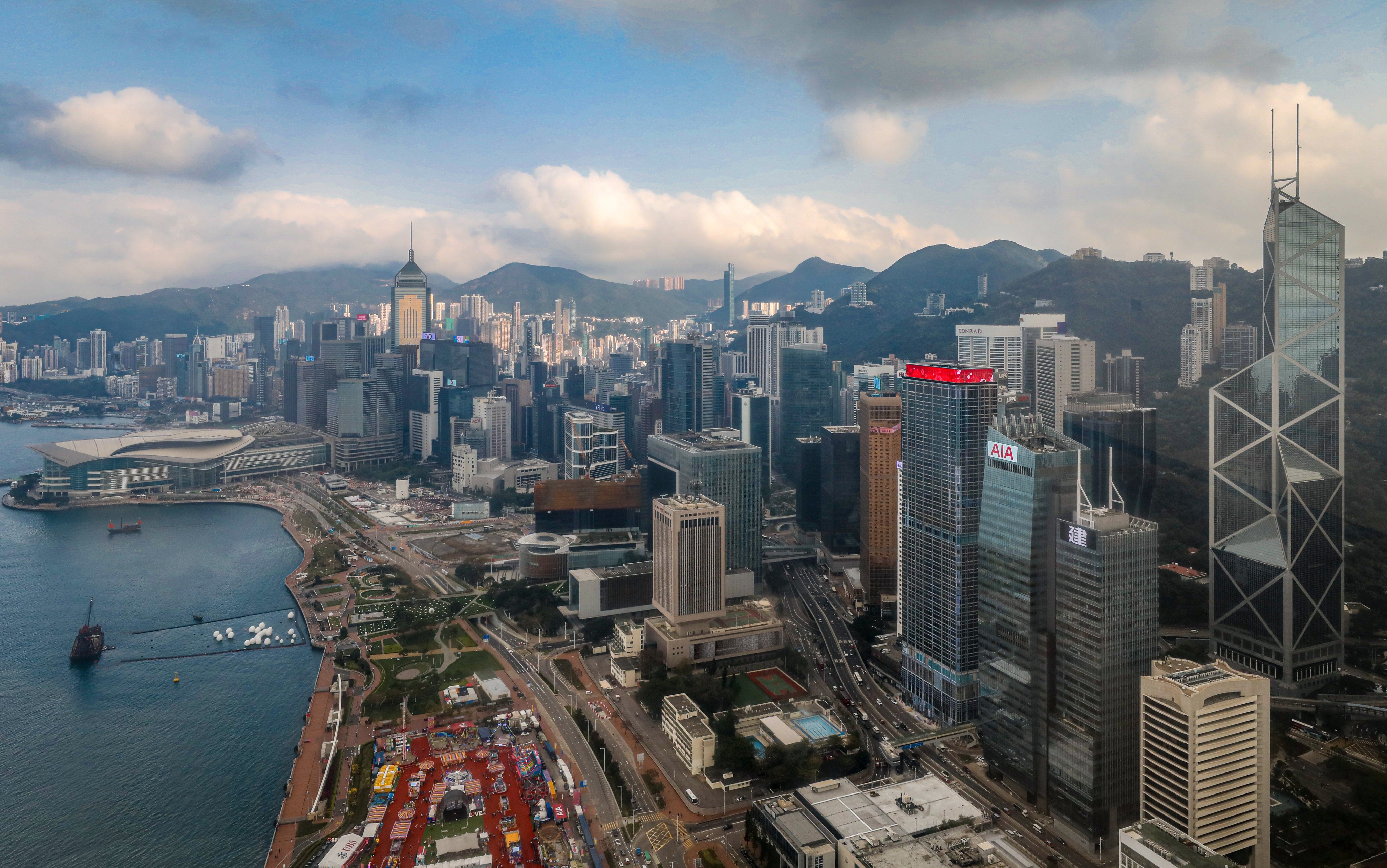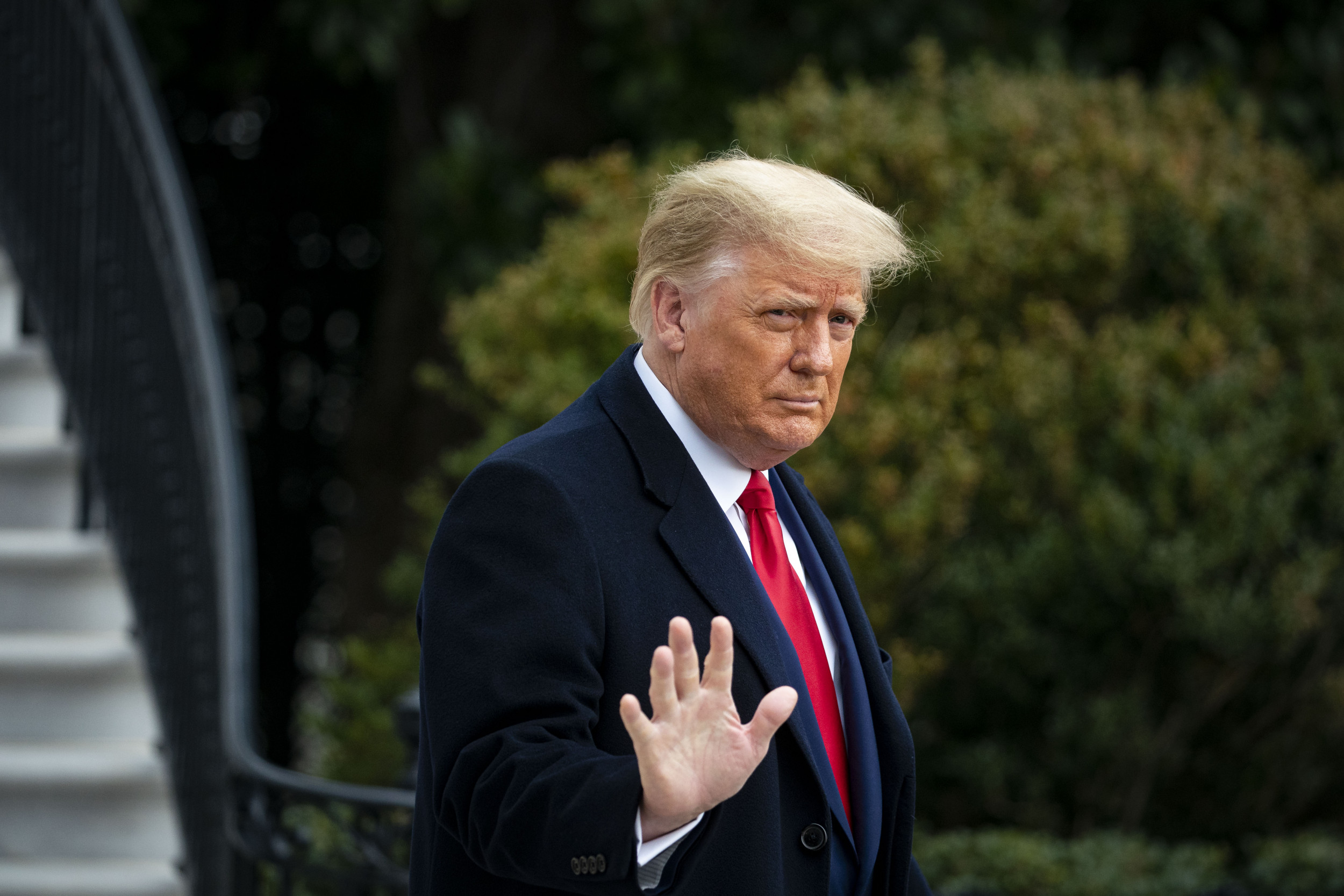Is Hong Kong Losing Its Place as a Global Connector?
Hong Kong has long been regarded as a global connector—a city that bridged the gap between China’s rapidly growing economy and the world. Its unique political and economic autonomy, coupled with its position as a major financial hub, made it an attractive destination for multinational corporations, investors, and professionals. However, a series of recent political and economic developments, both within Hong Kong and internationally, are increasingly raising concerns about whether the city can maintain its role as an international connector.
The most striking recent change was the decision by the Trump administration to revoke Hong Kong’s special trading privileges. This move included imposing tariffs on goods produced in Hong Kong for the first time, a policy shift that directly linked Hong Kong to mainland China in the eyes of the international community. Hong Kong had long benefited from its distinction as a separate customs territory under the “one country, two systems” framework. This allowed the city to maintain a level of autonomy, particularly in its economic dealings, that made it attractive to foreign businesses seeking access to China’s vast market without the same regulatory and political restrictions found on the mainland. However, with the imposition of tariffs on Hong Kong-made products, this distinction has been effectively erased.
The removal of Hong Kong’s special privileges is part of a broader trend of tightening political control from Beijing, which has been reshaping the city’s political landscape. In 2020, the imposition of the National Security Law further eroded the city’s autonomy, criminalizing actions deemed to be secessionist, subversive, or colluding with foreign forces. The law has been used to arrest pro-democracy activists, journalists, and lawmakers, signaling a crackdown on dissent and curtailing freedoms that were once fundamental to Hong Kong’s identity. For international businesses, these developments signal that the city may no longer offer the same political stability or legal protections that once made it a favorable destination for investment.
Adding to the uncertainty, Hong Kong’s role as a regional and global trade hub is increasingly under pressure. The US Postal Service, for instance, briefly imposed a ban on incoming parcels from China, which also affected shipments from Hong Kong, before reversing the decision hours later. Although the short-term impact of these actions may be minimal, they reflect a growing sense of unpredictability that companies operating in Hong Kong must now navigate. The city, which once operated as a stable intermediary between the West and China, is becoming increasingly entangled in the geopolitics of the US-China rivalry.
Despite these political shifts, economists have suggested that the direct economic impact of tariffs on Hong Kong goods might be limited in the short run. Much of the city’s trade consists of re-exports of Chinese goods, rather than products manufactured in Hong Kong itself. In fact, domestic exports, such as jewelry, gold, and metals, accounted for only a small fraction of total shipments last year. The city’s re-exports of Chinese products to the US made up just a few percentage points of total exports. For now, this might provide some cushioning against the effects of tariffs. However, the larger concern lies in the growing geopolitical risks that companies must now consider when operating in Hong Kong.
For global businesses, Hong Kong’s status as a neutral and stable ground is rapidly eroding. Many multinational companies chose Hong Kong not only because of its proximity to China’s massive market but also because of its relatively open political environment, its independent judiciary, and its transparent regulatory system. These features allowed businesses to operate with a level of predictability and security that was not available in mainland China. Now, as Hong Kong’s political autonomy continues to diminish and its legal and regulatory landscape becomes more aligned with Beijing’s policies, companies are faced with new and significant risks.
Additionally, the city’s reputation as a financial hub is under pressure. Hong Kong’s once thriving financial markets are being overshadowed by concerns over regulatory changes and the erosion of political freedoms. Many professionals, particularly in the finance, law, and media sectors, have already begun to leave the city in response to the shrinking political space. This talent exodus is compounded by strict COVID-19 restrictions, which have further strained the city’s international appeal. As talent and capital begin to flow out, it becomes more difficult for Hong Kong to retain its place as a leading global financial center.
In the broader geopolitical context, Hong Kong is caught between two competing forces: the growing influence of Beijing on the one hand, and the increasing wariness of Western countries on the other. As China asserts more control over the city, Hong Kong’s ability to maintain its distinctive identity and its role as an intermediary between China and the rest of the world is being increasingly questioned. Global businesses now face the reality of having to navigate an increasingly politicized environment in Hong Kong, one where the risks of doing business are rising as the city becomes more integrated with mainland China’s political system.
The big question is whether Hong Kong can recover from this erosion of its unique status and return to being a vital global connector. To do so, it would need to strike a delicate balance—preserving its international appeal while aligning more closely with Beijing’s policies. This is no easy task, given the political and economic pressures it faces, both from within and outside the city. It’s unclear if Hong Kong can hold on to its identity as an international gateway, or if it is destined to be absorbed more fully into the political and economic orbit of mainland China.
As businesses, investors, and professionals weigh the risks of operating in Hong Kong, the city’s future as a global connector is far from certain. The economic advantages that once made it a compelling destination may no longer be enough to offset the growing political and geopolitical risks. Whether Hong Kong can reclaim its former status as a global hub or if its place in the world order has been irreparably altered will depend on how it navigates the complex intersection of local autonomy, Chinese control, and international perceptions. Without a clear path forward, Hong Kong faces an uncertain future.
Tai Chi Health Benefits: Enhancing Both Mind and Body | Maya




